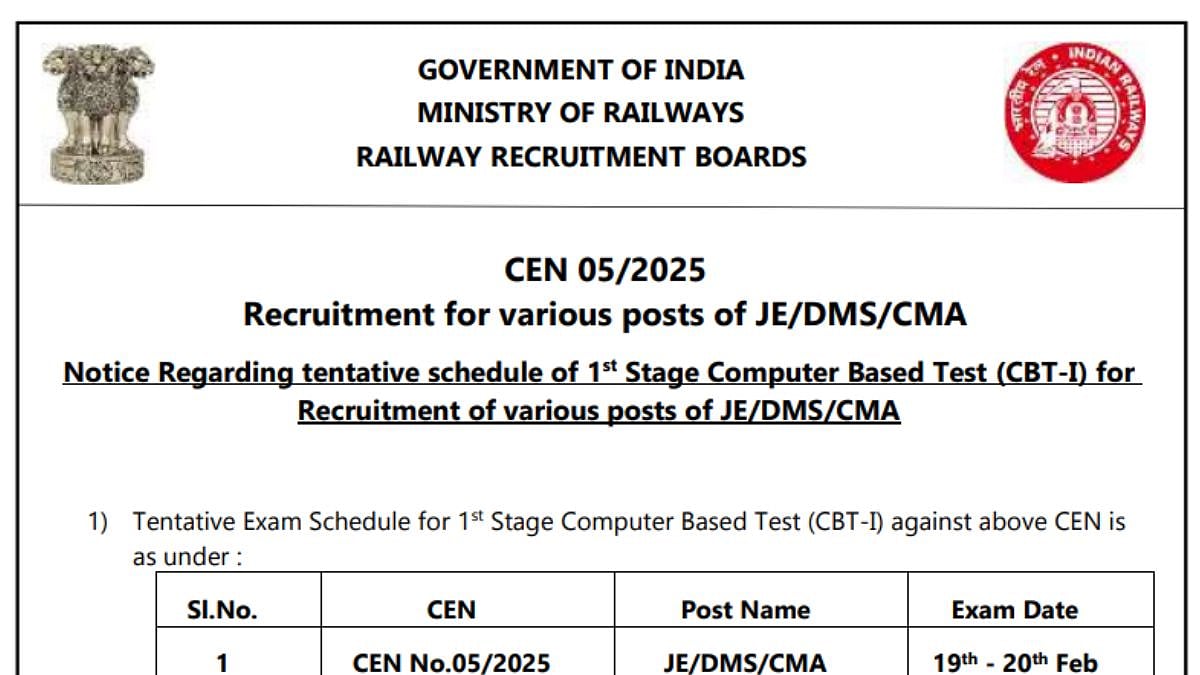The most sought-after skills in every survey for job success are critical thinking skills, complex problem-solving, teamwork, and emotional intelligence. While this might be a widely contested idea, I can assure you that these ideas are most evidently learned through Math.
Math courses are more relevant now than ever to 21st-century learners as they prepare students for the future. Many jobs now call for competence in statistics, computing, numerical analysis, and in applied mathematics. One might be a physicist, engineer, computer scientist, economist, geographer, statistician, or psychologist and will often be operating at the highest level of mathematics.
Learning Math requires a range of skills, from procedural to strategic thinking, and it takes time to master these. Math is a core subject that has a ladder-like approach for learning foundational topics, including number theory, geometry, proofs, reasoning, and logical deduction - each is important, and if you miss any of these foundations in your school years, you will feel the repercussions further down the line or for your progression in the university subjects.
Math as a subject has rigorous learning pathways: understanding why we learn, appreciating the real-life use of Math, and learning how these concepts are important. Different mathematical ideas are connected ½ = 50% offers different Math representations of the same idea.
During Covid, newspapers were filled with graphs to depict different trends. Reading and interpreting graphs - which graph is best for which situation, data analysis, etc are useful skills to learn in school. It is a good way to comprehend large amounts of data using different representations and analyses.
Data science should emerge as one of the new pillars of early education. Inherently, Math is conceptual, and the ability to make connections between different topics for deeper conceptual understanding is essential for learning. For example: drawing a circumcircle will require an understanding of related concepts such as circles, polygons, and perpendicular bisectors.
Historical context to the concept
Modern mathematical knowledge also builds on that which has come before. Mathematical formulas which we can easily solve today may have taken history’s well-known mathematicians decades to solve, while they in turn used knowledge passed on by mathematicians before them, right back into the dawn of history.
The problem of imaginary numbers called complex numbers arose at the time of building the Egyptian pyramids: when they needed to figure out a square root of a negative number, which led to the discovery of complex numbers several centuries later. One discovery leads to the next, and all this historical background builds connections and adds interest to learning and appreciating Math.
Think of it like this: every time you solve a mathematical problem with imaginary numbers, the ancient Egyptians are smiling down at you.
Formulae- essential to learning Math
The derivation of formulae is a key building block in the learning of Math - how everything works from the first principle forms the basis of every aspect of knowledge in Math. For example, Elon Musk's creativity is world-renowned: he has discussed how his creativity stems from these first principle methods in every problem-solving task he encounters. Just like perfecting a technique in sport, if you keep deriving the formula till you learn and keep engaging till you are perfect, you will be successful.
Math is about pattern recognition; therefore, memory plays a role in mastery. If you know the formulae you can see the pattern easily. Just like music or sport, success in Math requires disciplined routines needing daily practice, or results won't be as good as they could be.
But how do you learn?
There are many practical pathways used to become experts in Math. These start with solving word problems in junior school, and learning to draw diagrams, through reading, interpreting, breaking down the problem to understand what is given and what's not given, to using intuitive methods to deduce the solutions and check their validity. All of this is great training in critical and analytical thinking, and complex problem-solving.
Conversations about how to find various solutions through quizzes and games are engaging ways to learn Math. Teamwork in solving challenging problems builds a community of problem solvers, who together can make connections to find multiple solutions to solve a problem, all of which can be appreciated. Math also uses technology, from using a calculator to using different software to visualize different strategies to solve geometric problems. Students will learn which tools to use and when.
However, this will be useful only if they know the basic principles. Technology cannot take the place of solving problems analytically or without understanding the Math behind it.
Errors are building blocks
If you get stuck when somebody gives you a sum, don’t be afraid of trying something out, even if it’s wrong, as every new problem comes with new learning. There are no ‘silly errors’ - nothing is silly as you learn as much from what you get wrong as what you get right.
Do not fear Math, do not look for shortcuts: try it out - it doesn't matter if the method is longer. In the book Pie in the Sky, John. D. Barrow explains problem-solving as a journey in a forest where you might get lost and take the long winding road, but will always uncover something new in the process.
The straight path might get you through the forest quickly, but you won’t understand the nature of the forest, or appreciate its scenic beauty and wilderness. Math is rightly proclaimed as a rigorous subject and requires dedication, time, passion, and accountability, but it promises joy and will make you resilient and skill-ready for your future.

Mrs. Yogesh Dhingra
The author, Mrs. Yogesh Dhingra, is the Founder and Director of CourseLeap Education, Consultant to various international schools, and Formerly Head of Math Faculty & Academic Director at Dhirubhai Ambani International School.









